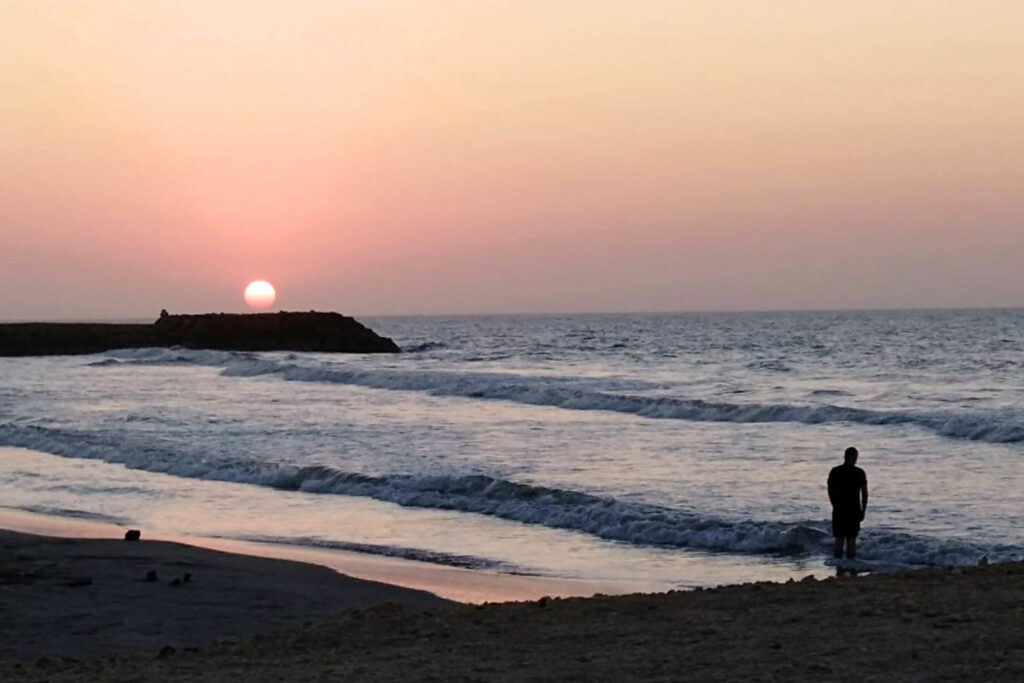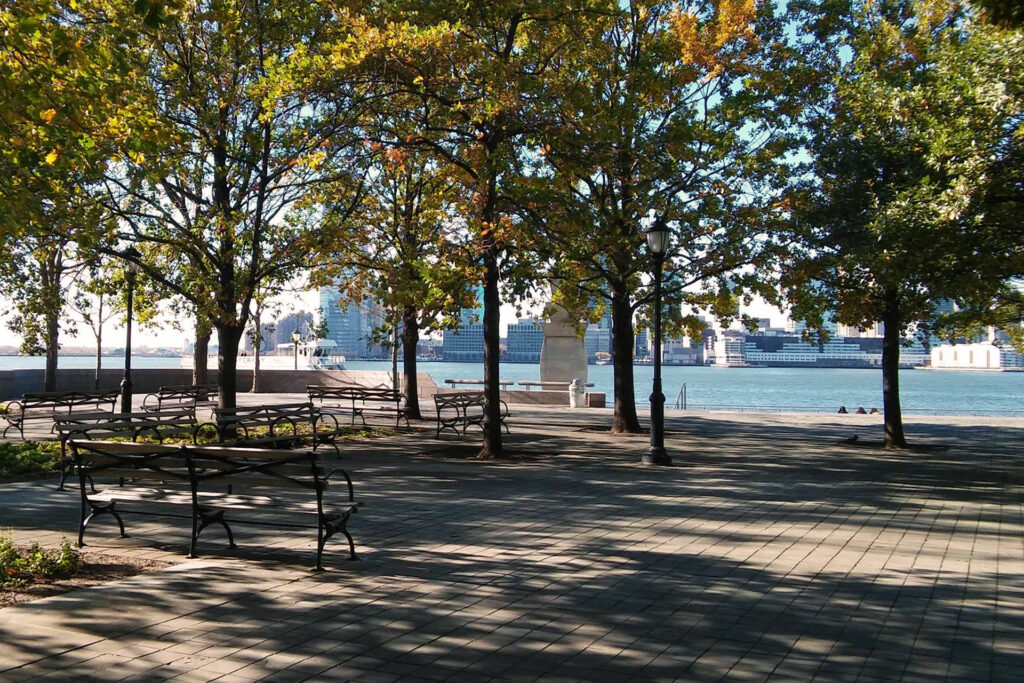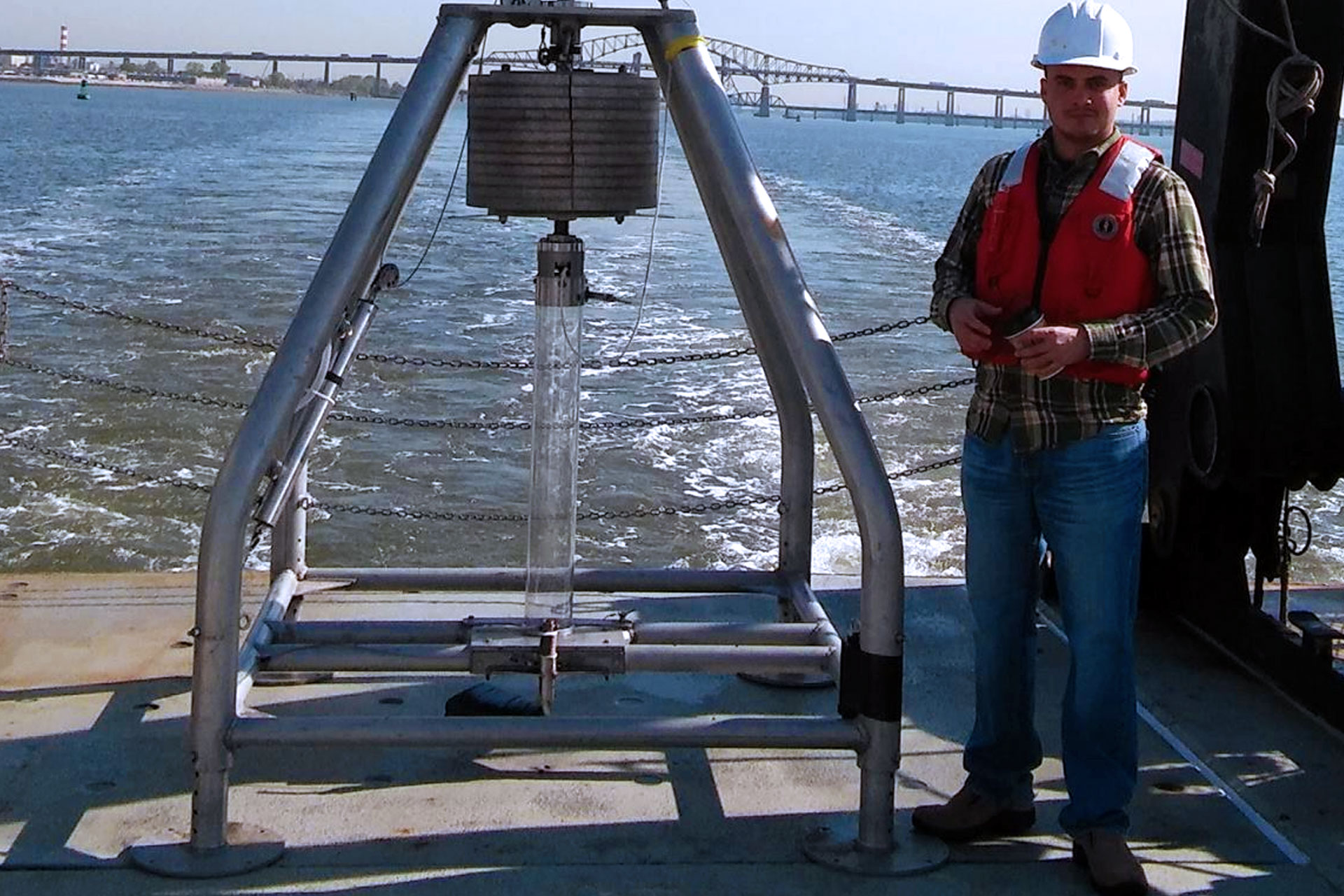When I was a kid, little did I know that growing up close to the Caribbean Sea would set me up on a lifelong path of earth sciences and engineering; an experience marked by adventure, learning, and derring-do. My early inclinations towards history and oceanography were not incompatible in Cartagena, Colombia, where an urbanized bay was both an oceanographic laboratory and a living repository of stories from the times of Spanish galleons, pirates, and gas lanterns. The dynamics salt, freshwater, and sediment in this bay have changed over decades following the pulse of the growing city, and the complexity of the resulting human-ocean interactions motivated me to study Environmental Engineering at Universidad de los Andes in Bogota.

My passion towards fluid mechanics and coastal problems grew stronger, and I was happy to attend a summer course in Saint Petersburg, Russia, prior to taking a consulting job back in my hometown where I helped solve a problem related to saltwater intrusion. While it was exciting to be part of that effort, I realized that I still had much to learn about the motions of earth’s fluids, so I went back to school in Mexico and then back again to Colombia to study Meteorology and Wave Dynamics.

The more I learned, the more I realized that I wanted to study estuaries in depth, and that’s when I came to Rutgers to work with Bob Chant and John Wilkin. Here at Rutgers I am lucky to combine history and oceanography, my two original passions, through the study of historical dredging and hydrodynamics in the Delaware Estuary. I like working on equations and modeling in the morning, and looking at archival records and microfilm in the afternoon. Being able to use advanced numerical tools in a project that helps people in coastal communities is the best part of my work. Right now, my main purpose is to apply oceanographic knowledge to help protect people and infrastructure from natural hazards, and to protect public health by understanding how pollutants move in coastal waters. Aside from work, I enjoy a low key lifestyle filled with art, literature, and long afternoon walks. I’m also a member of the US National Historical Society, which keeps me updated with the latest developments in this ‘other’ non-physics field. Cooking Caribbean food, non-fiction writing, and sea shanties are also on the list of things I enjoy.

